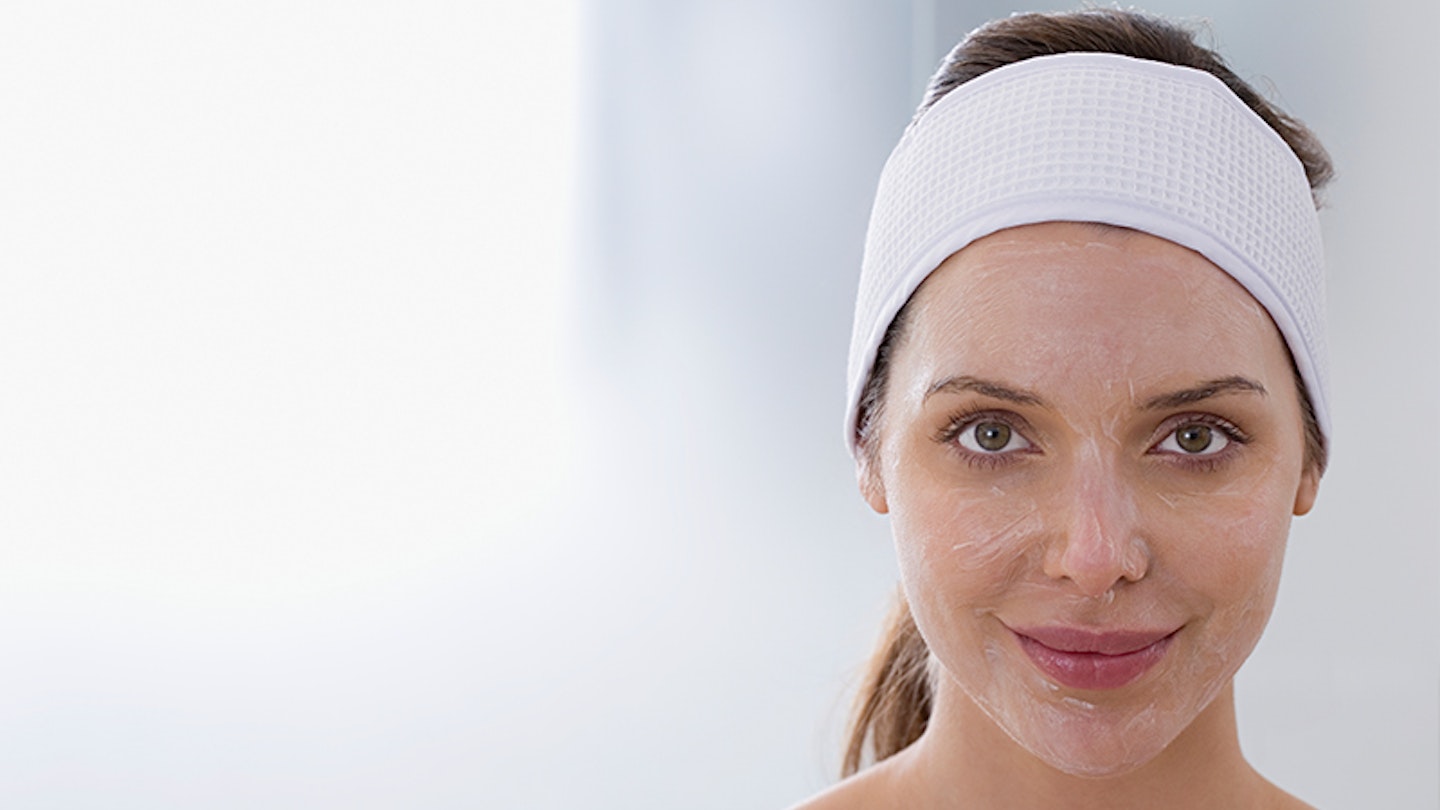Despite drinking lots of water, filling my plate with leafy greens and religiously removing my make-up with a cotton pad doused in Kiehls herbal-infused micellar water, it seems my skin can never fully behave itself. My skin has a love language I could never understand.
One thing that promises tip-top skin is a chemical peel, though it can seem a drastic and perhaps needless step in achieving a flawless base.
"Chemical peel is such a scary word, it should be renamed as a deep exfoliation as that's essentially what it is!" says Dr Mayoni at Epilium & Skin.
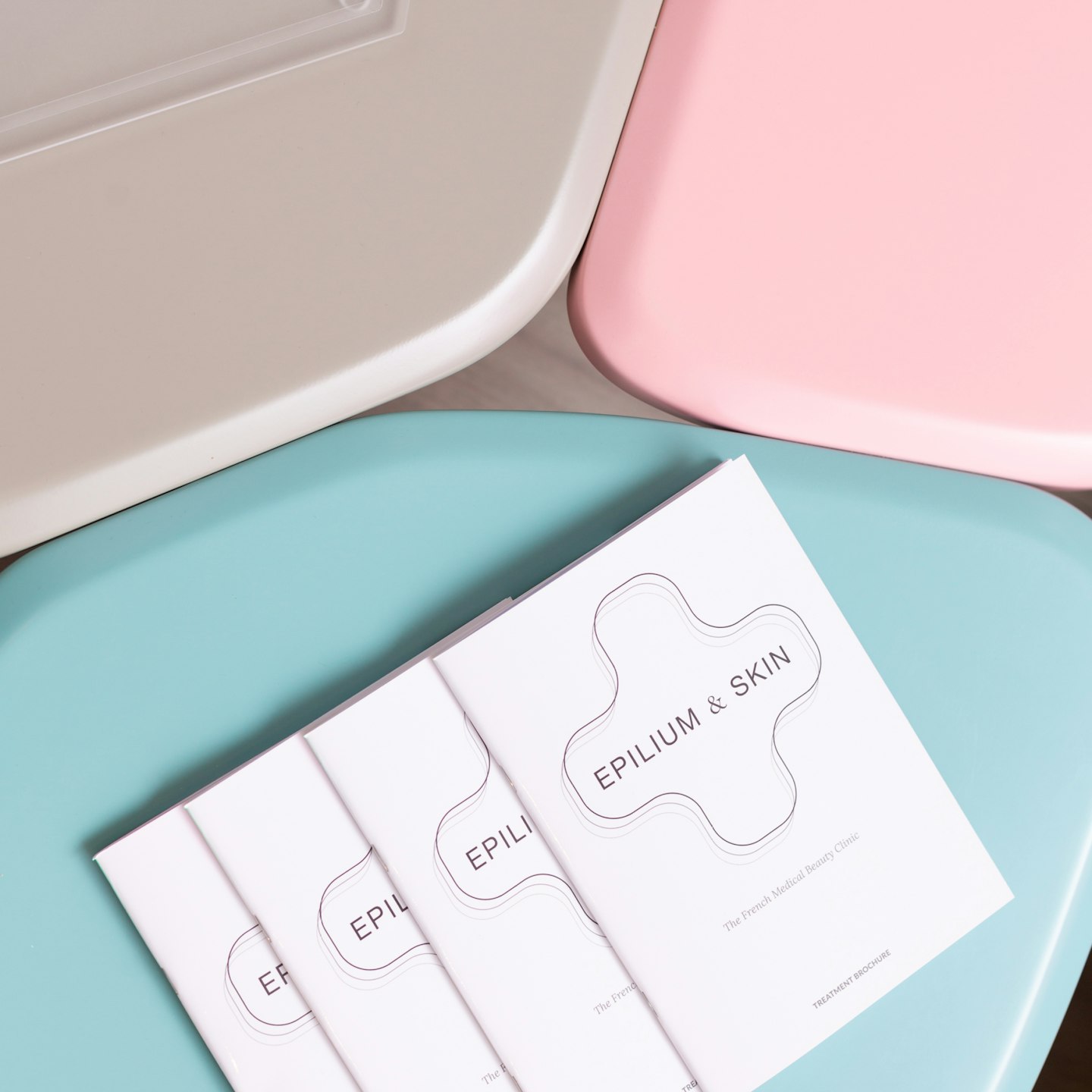
I visited the gorgeous clinic, helpfully situated in central London, to see how a chemical peel could rejuvenate my tired skin, Oh and if the results are worth the somewhat hefty price tag...
Firstly, what is a chemical peel?
Essentially a chemical peel is a deep exfoliation using chemicals, designed to remove an excessive build up of dead skin cells which can make the skin look dull. A peel can help tackle problems such as acne, sun damage and hyperpigmentation.
The treatment promises 'new' healthier skin and a more youthful appearance. Sounds good to me!
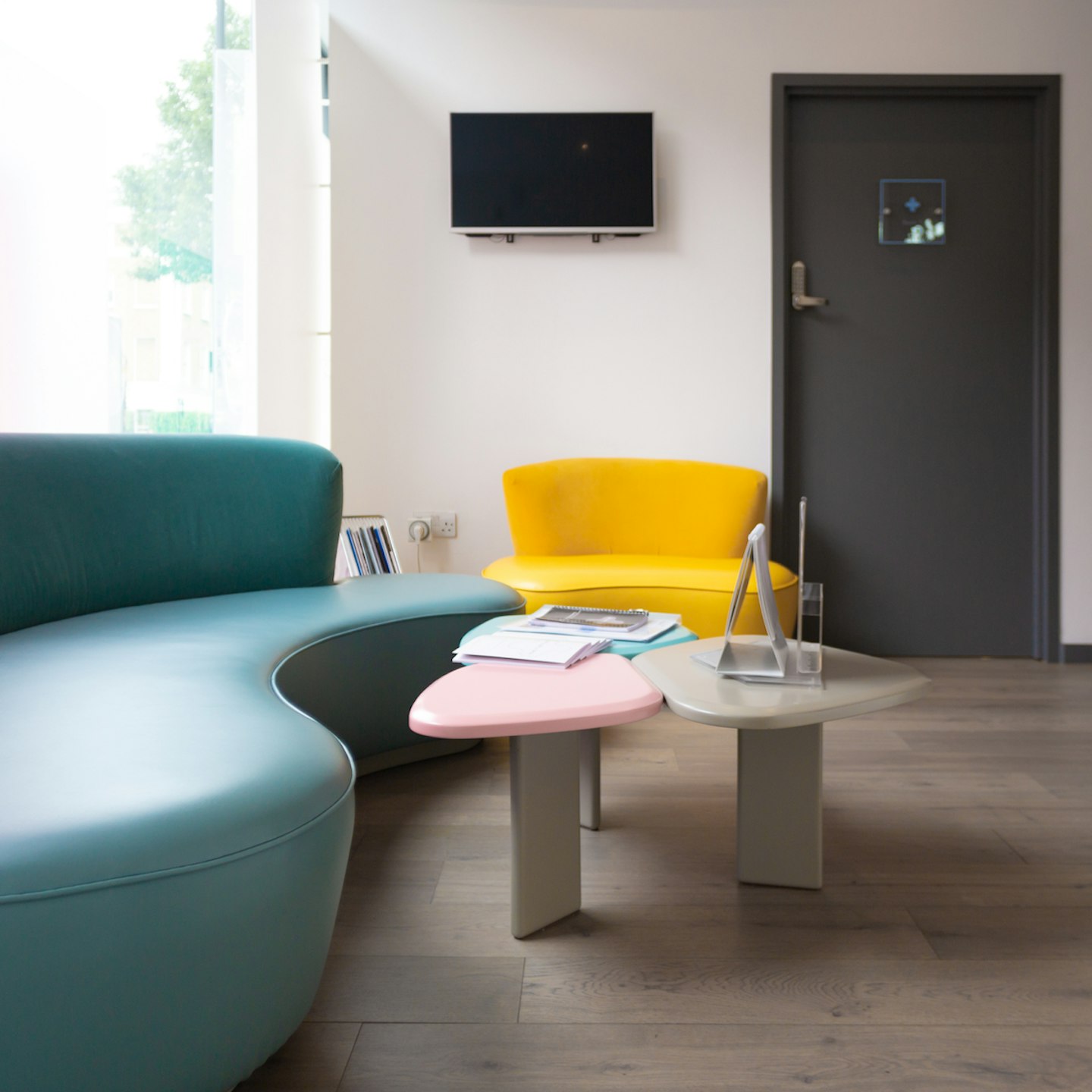
Who would benefit from a peel?
A peel can benefit all skin types. Those who are looking for solace for sun damage, pigmentation or acne would see the best results as the treatment actively helps improve skin texture and tone.
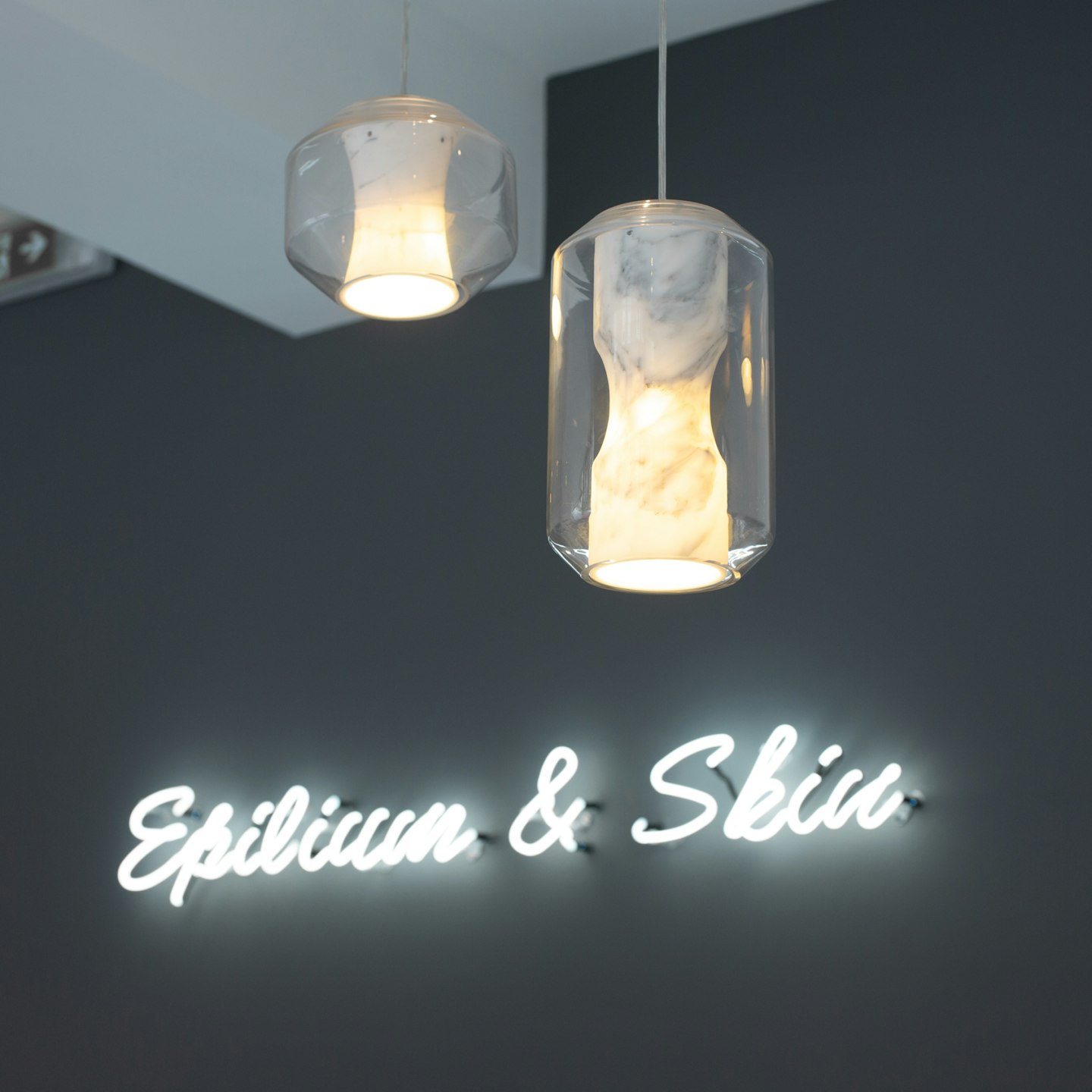
Can I have a chemical peel when pregnant/breastfeeding?
Nope, just like with Botox, it's not recommended. It's also not recommended if you suffer from any active skin conditions such as cold sores, warts, dermatitis, Excema and Psoriasis.
We review a chemical peel at Epilium & Skin...
I tried the Obagi Blue Radiance Peel with Dr Mayouni atEpilium [& Skin.]{href='https://epilium.co.uk/non-surgical/our-treatments/the-obagi-blue-radiance-peel' } The Peel consists of 20% Salicylic acid, 2% glycolic acid, and 2% Lactic acid. The treatment didn't hurt at all and just felt a bit warm and tingly. It was all over in 20 mins and the initial results were promising - dewy, plump skin that radiated a 'spent all weekend at the spa' glow.
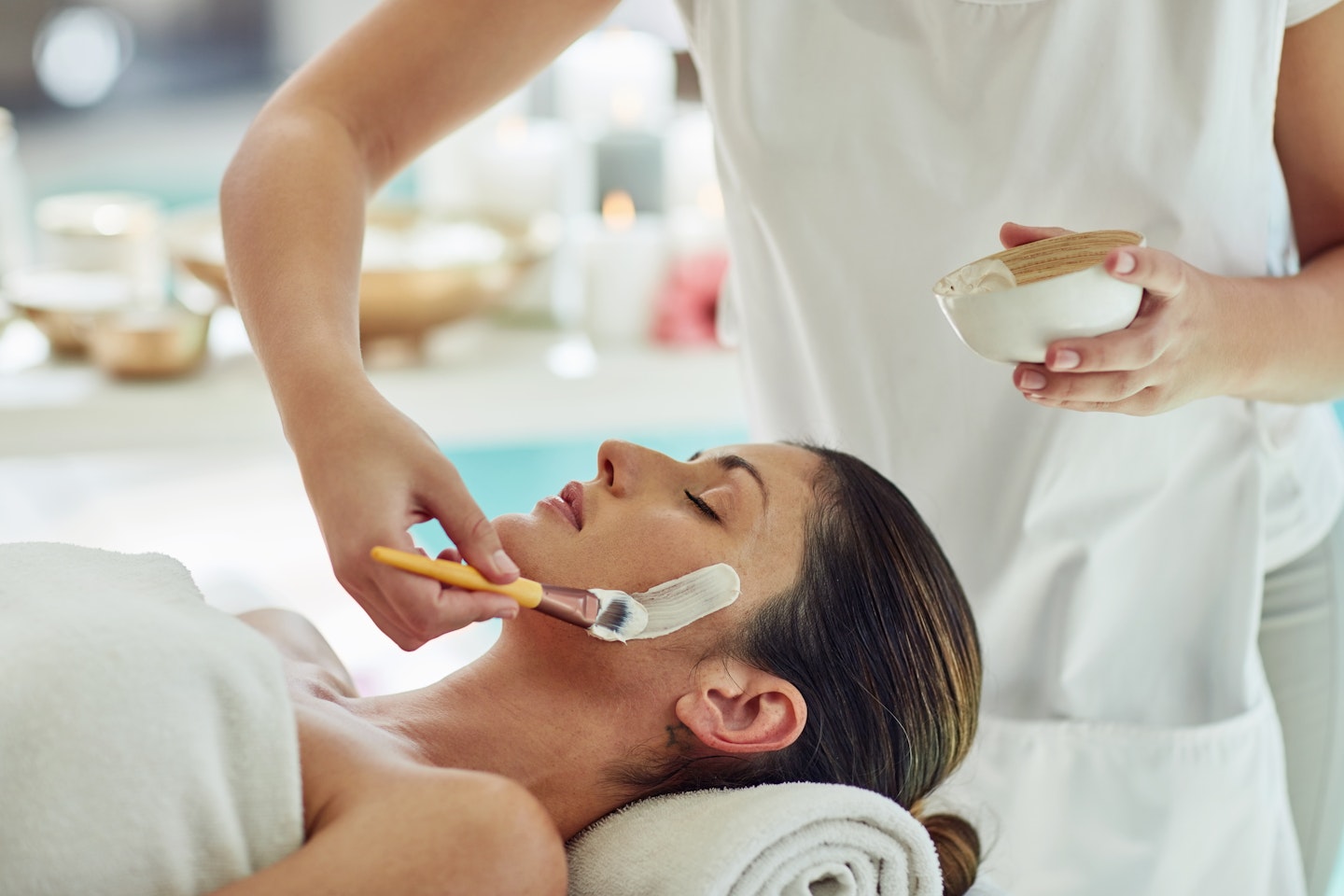
Dr Mayoni explained how I'd likely have some downtime with our skin for 3-5 days, while it recovers from the treatment. You're also advised to steer clear of retinol/acids as your skin is very sensitive the week after. Using a daily SPF is always encouraged, but more so as my skin was especially sensitive after the exfoliation.
After the initial radiance of day one, I experienced dry patches on my skin and was worried the treatment had made my skin worse. However, around the eight-day mark, my skin began to really show the sought-after results I was hoping for. My skin was once textured from skin damage from my teens (why did I insist on sunbathing 10 hours a day without a scrap of protection!) now felt soft, smooth and radiant. My skin was normally red, blotchy with visible pores when I (occasionally) went make-up free and now my skin looks like, er skin! But really good skin.
Three months on and my skin is still fresh and the best it's ever looked. Even my monthly hormonal breakouts on my chin have vanished. I finally found out my skin's love language and it's deep exfoliation!
Find out more about the Obagi Blue Radiance Peel with Dr Mayoni at Epilium & Skin, here
Would you try a chemical peel? Let us know on Facebookor Twitter!
Make sure you're following Mother & Baby on Instagram for relatable memes, inspiring stories and parenting hacks!
Join the club! Introducing our brand, spankin’ new Facebook group called #mumtribe. Simply search ‘#mumtribe’ into the search bar and meet like-minded mums, win gorgeous goodies and have some fun!
For parenting tips, tricks and advice you can trust, click here to download a free digital issue of Mother and Baby magazine.
